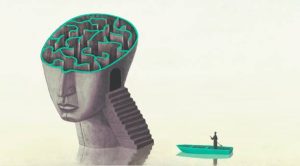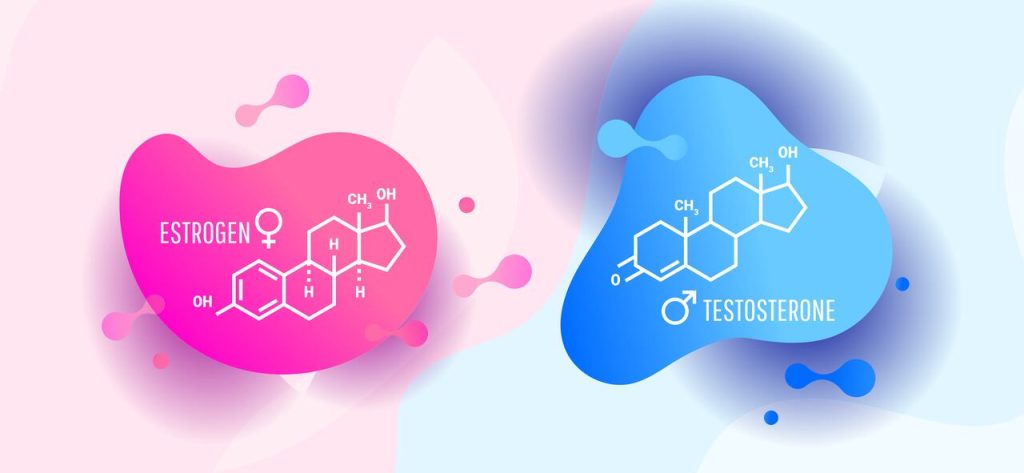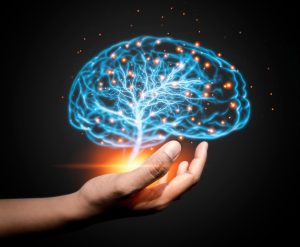For every woman who’s ever been told “it’s just in your head” or “it’s stress,” there lies a greater, biological truth—your body may be fighting itself. Autoimmune disease isn’t rare or random; it’s quietly becoming one of the greatest health battles women face. According to Dr. John Jung in Autoimmune Freedom, more than three-quarters of the 24 to 50 million Americans living with autoimmune diseases are women. That’s not a coincidence—it’s biology, hormones, and modern life colliding in one painful equation. Autoimmune diseases occur when the body’s immune system mistakenly attacks its own tissues. Conditions like lupus, Hashimoto’s thyroiditis, rheumatoid arthritis, and multiple sclerosis all share a single thread: inflammation gone rogue. But why does the female body seem to shoulder most of this burden? Dr. Jung points to one undeniable factor—the estrogen-testosterone balance.
“Live longer with more problems?” Dr. Jung quips when discussing the grim reality that women not only outlive men but do so while enduring more chronic illness. Science supports his frustration. As he highlights, a 2024 Stanford Medicine-led study revealed that women are up to nine times more likely to develop lupus and nearly nineteen times more likely to suffer from Sjögren’s syndrome than men. The key lies in how hormones interact with the immune system. Estrogen, the dominant female hormone, is often considered protective—it enhances mood, maintains bone density, and supports reproductive health. But in the context of autoimmunity, estrogen’s strength becomes its weakness. It enhances immune activity, keeping the system constantly alert, sometimes too alert. This heightened vigilance, while beneficial against infection, can drive the body into overdrive, leading it to attack its own cells. Dr. Jung explains that estrogen suppresses CD8+ T cells—the body’s regulators that keep immune responses in check. When these cells are suppressed, the body loses control over inflammation. This imbalance may explain why flare-ups in conditions like lupus or rheumatoid arthritis often coincide with hormonal changes—puberty, pregnancy, or menopause. “Hormones aren’t just chemical messengers,” he writes, “they’re immune regulators—and when they fall out of rhythm, everything else follows.”
If estrogen acts as an immune amplifier, testosterone often plays the opposite role—a natural immune modulator. Dr. Jung describes testosterone as a biological shield that helps calm inflammation, regulate cytokines, and prevent immune overactivation. This is why autoimmune disorders tend to affect men far less frequently. Research cited in the book shows that low testosterone levels are directly associated with increased autoimmune risk, particularly in conditions like rheumatoid arthritis and lupus. Testosterone reduces the production of pro-inflammatory cytokines—the same molecules that fuel pain, swelling, and fatigue in autoimmune diseases. In simple terms, testosterone teaches the immune system when to fight—and when to rest. “Testosterone doesn’t make you invincible,” Dr. Jung writes, “but it makes your immune system less likely to turn on you.” For both men and women, maintaining healthy testosterone levels is crucial, but for women, it’s a balancing act. Too little testosterone and too much estrogen can tip the body toward inflammation. Too little of both, as during menopause, can create other vulnerabilities. Functional medicine, therefore, focuses not just on reducing symptoms, but on restoring balance.
Dr. Jung’s clinical cases make the science tangible. He describes women whose symptoms—fatigue, pain, anxiety, thyroid dysfunction—were dismissed for years, until testing revealed the truth: hormone imbalance was fueling immune chaos. In one case, a woman with Hashimoto’s thyroiditis found near-total relief—“98% improvement,” as the author notes—after switching to a phytonutrient-rich diet, eliminating gluten and soy, and rebalancing her hormones through natural means like omega-3s, selenium, and vitamin D. Her thyroid antibodies dropped from the hundreds to just two, a ten-year remission that conventional medicine couldn’t achieve. These stories reinforce the book’s central message: healing begins with understanding. “Doctors often treat symptoms, not causes,” Dr. Jung states, “but the weakest link in your system is where you break. Fix the cause, not the consequence.”
Functional medicine, as Dr. Jung practices it, is about revealing the “why” behind disease. It looks at the body as an interconnected system—where hormones, gut health, and immunity constantly communicate. Instead of suppressing symptoms with drugs, it identifies imbalances through comprehensive testing. For autoimmune disorders, that includes measuring cytokines, CD4/CD8 ratios, and hormone levels like cortisol, DHEA, estrogen, and testosterone. Each test tells a story: is the immune system under attack from within (low CD4/CD8 ratio)? Is estrogen too high, suppressing immune regulators? Has chronic stress depleted DHEA, the precursor to both testosterone and estrogen? Dr. Jung points out that when DHEA levels drop, the body prioritizes stress hormone production over sex hormone balance—a phenomenon he calls “pregnenolone steal.” The result? The immune system weakens, inflammation rises, and autoimmunity thrives. His solution combines targeted supplementation—such as DHEA or adaptogenic herbs like Ashwagandha and Tongkat Ali—with detoxification and dietary changes to restore hormonal harmony. The takeaway is simple: hormones aren’t the problem—they’re the key. And once women learn to tune them, they can stop merely surviving and start thriving again.




